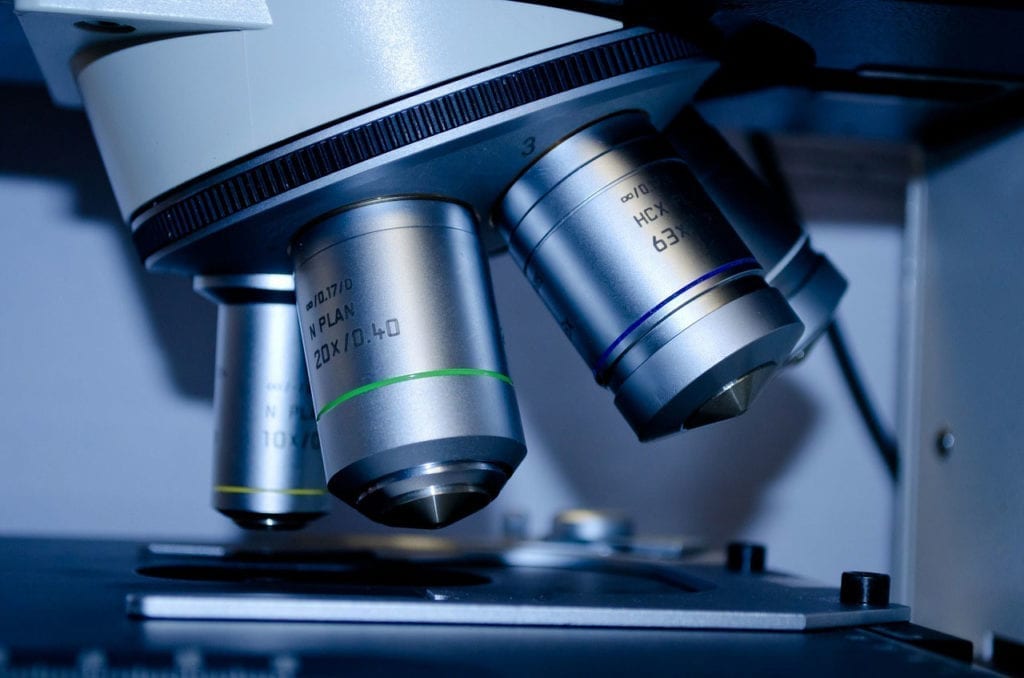Equillium Inc. has just announced that their most recent study in lupus nephritis (LN) has been published in the Journal of Clinical Investigation. This study is thanks to collaboration with the Accelerated Medicines Partnership (AMP).
The CD6-ALCAM pathway activates T cells. This study confirmed how the T cells activated by this pathway play a role in how LN develops. It also supports the development of the itolizumab therapy which targets the CD6-ALCAM pathway, selectively inhibiting T cells. This therapy is currently being studied in a trial called EQUALISE.
The Study
This study included 1,038 patients diagnosed with LN and systemic lupus erythematous (SLE). Patients were of various ethnicities. Additionally, an animal model was used.
The researchers used urine biomarkers and tissue biopsies to examine uALCAM. Ultimately, this investigation demonstrated that the CD6-ALCAM pathway is extremely important to the pathogenesis of lupus. Further, it validated that uALCAM is an important biomarker which can assess renal involvement.
Across all ethnicities, uALCAM was found to be correlated with the renal SLE disease activity index which measures disease severity.
AMP was able to provide single cell RNA sequencing data obtained from LN patients and healthy controls. This data established the role that the CD6-ALCAM pathway plays in disease pathogenesis. An animal model was then used to show that blocking CD6 improved survival, lowered cytokine levels, decreased infiltrating immense cells, and reduced renal pathology. Targeting the CD6 on T cells showed a decrease in T cell activity, inflammatory macrophages, and neutrophils.
Ultimately, this supports uALCAM as a biomarker for LN and confirms the importance of the CD6-ALCAM pathway in the disease.
So far, the EQUALISE study has demonstrated positive outcomes. Itolizumab has been able to reduce proteinuria in SLE patients. Researchers are optimistic about what the rest of the results from this trial could show.
You can read more about the recent study and the potential therapeutic pathway here.








